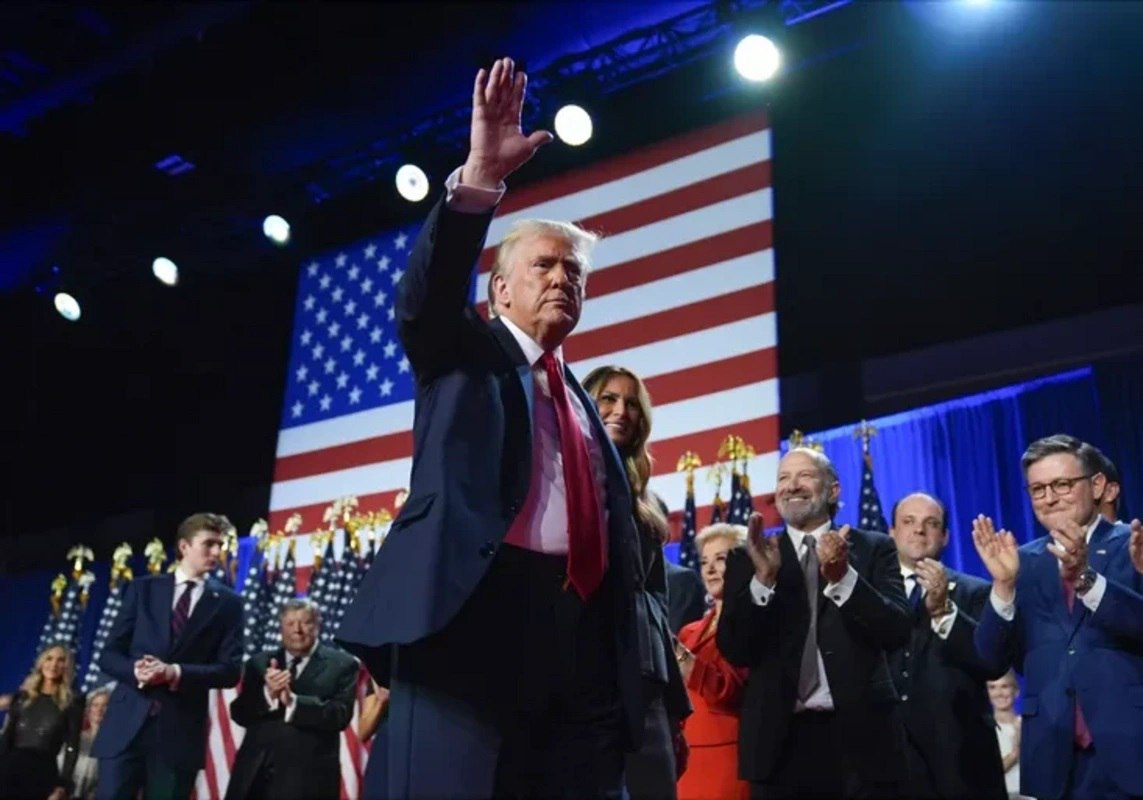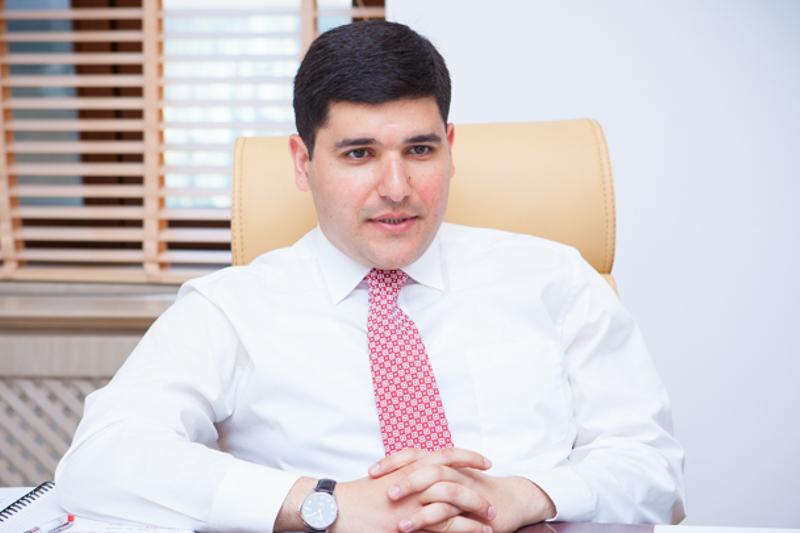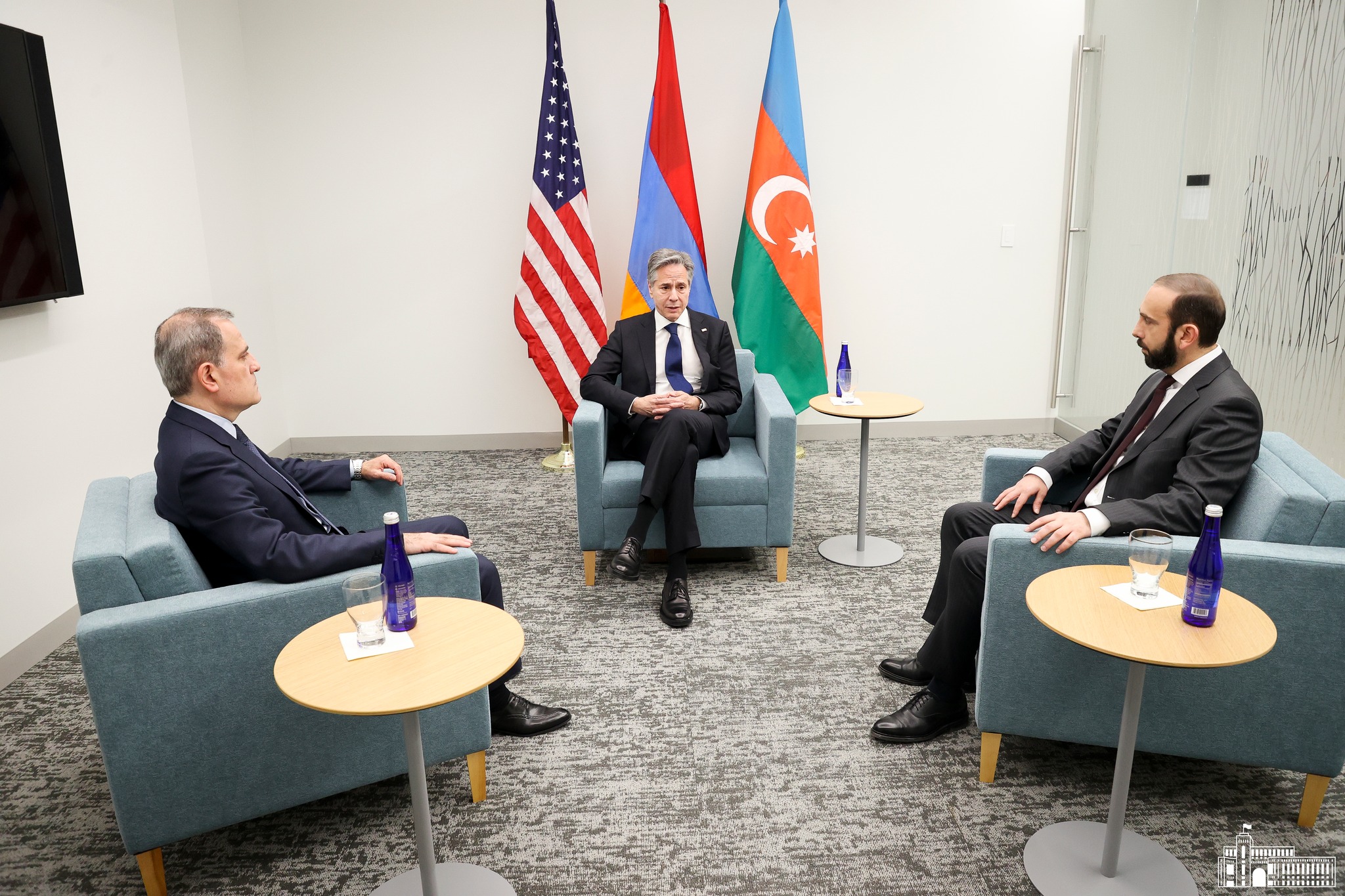
Trump’s presidency’s impact on South Caucasus
Four weeks remain until Trump assumes the role of President of the United States. The current Biden administration and Trump’s team are actively preparing for this transition. Many experts are trying to anticipate the Trump administration’s policy toward the South Caucasus.
Azerbaijani political analyst Farhad Mammadov believes that “despite the limited time, this doesn’t mean that new developments couldn’t arise that might influence the U.S. approach to the region under Trump.”
- Georgian President: ‘Ivanishvili should join talks on new elections – he’s the one in charge’
- Most Armenian parents ignore calls for child vaccinations
- Will large fines for entrepreneurs using card-to-card payments bring Azerbaijan’s economy out of shadows?
USA’s current position in South Caucasus

According to Farhad Mammadov, the Biden administration has generally paid significant attention to the South Caucasus. However, U.S. positions in the region’s countries have developed in divergent directions, he notes.
“With Armenia, everything has worked out. Agreements on strategic cooperation have been signed, a military advisor has been appointed to Armenia’s Ministry of Defense, and the ruling elite has willingly allowed the U.S. to establish a presence in its intelligence services—essentially pushing Russia out of Armenia, at least in terms of public perception.
With Georgia, issues arose toward the end of Biden’s term, including the imposition of sanctions against the government and the ruling party.
With Azerbaijan, things didn’t work out. The U.S.’s Armenia-centric approach to mediation failed to yield results in the conflict resolution process. On the contrary, Secretary of State Blinken’s ambiguous stance toward Azerbaijan has heightened tensions in relations with Baku.”
- USA failed to facilitate the peace treaty process between Azerbaijan and Armenia;
- USA couldn’t achieve the opening of the Armenian-Turkish border.;
- Deteriorating relations with the Georgian government hinder the ability to establish a full-scale geopolitical strategy in the region.
What might change under Trump?
The political analyst noted that following the inauguration, appointments, and confirmations in Congress, foreign policy structures will likely begin operating fully by March. “Given that the South Caucasus is not a priority, the region’s turn will come after approaches to top foreign policy issues are shaped—such as Russia’s aggression against Ukraine, the Middle East/Iran, and relations with China,” he said.
“Additionally, with the anticipated optimization and transformation of the U.S. state system under Trump, there is a high likelihood of reducing U.S. foreign policy tools. However, the U.S. will not abandon active foreign policy but will rely more on allied resources, with a focus on pragmatism combined with an ideological veneer of protecting Christians.”
Pragmatic goals under Trump:
– The South Caucasus as a gateway to Central Asia
– Depending on the course of the war between Russia and Ukraine and Trump’s positioning as a mediator, the issue of pushing Russia out of the region will become relevant
– The role and importance of the South Caucasus will depend on how relations with Iran are shaped.
Who could be Trump’s regional outsourcers?
“Turkey, France, and to some extent the UK and Israel are contenders for this role,” he said.
“In Paris, Macron has already connected Trump with Zourabichvili and Pashinyan, signaling that France has the resources to act as a U.S. outsourcing partner in the region. Changes in Syria have shown that Turkey could become the U.S. outsourcer in the Middle East, and this role might extend to the South Caucasus. The British and Israelis implicitly act as invisible U.S. allies in the region.
From Azerbaijan, there’s an expectation to demonstrate that France’s influence in the region is ineffective. France’s stance in Georgia also matters, and Macron’s call to Ivanishvili should be seen in the context of presenting Macron as the primary U.S. outsourcer in the region.”
At the same time, each country in the region is consolidating its resources. Certain unresolved issues remain in the South Caucasus that could attract Trump’s interest: the peace treaty between Azerbaijan and Armenia, Armenian-Turkish normalization, and Armenia’s potential withdrawal from the Collective Security Treaty Organisation (CSTO).
A key indicator of the Trump administration’s approach to the region could be its stance toward the Georgian government—a focus currently being pursued by the outgoing Biden administration.
“Time is short, but this doesn’t mean that new developments couldn’t still arise, potentially influencing the U.S. approach to the region under Trump,” the political analyst concludes.
Trump’s presidency’s impact on South Caucasus

